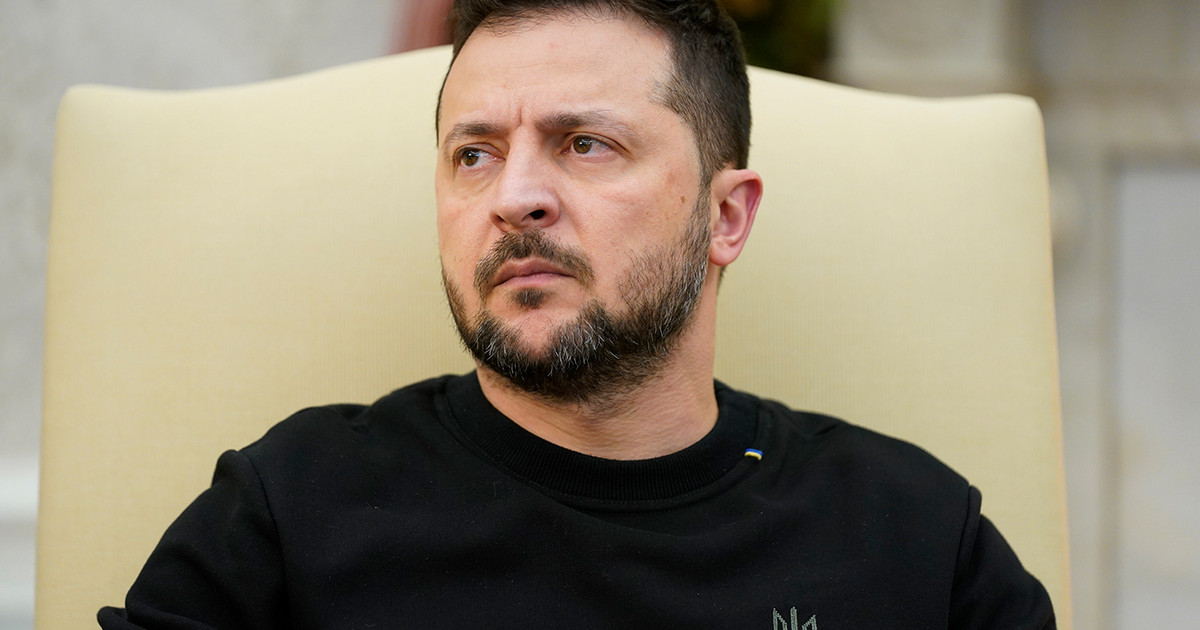The gap between the impacts of the climate crisis and global adaptation efforts is widening, according to a new report by the United Nations Environment Program (UNEP).
The annual report on the “adaptation gap”, released on Thursday (4) on the sidelines of the COP26 summit on climate change in Glasgow, found that the estimated costs of adaptation to the worst effects of rising temperatures in low-income countries – such as droughts, floods and rising sea levels – are five to ten times the amount of money currently circulating in these regions.
In addition to pledging to limit global warming, in the 2015 Paris Agreement, rich country governments reaffirmed their commitment to contribute $100 billion a year to the poorest nations so they can decline fossil fuel use and become adapt to disasters caused by climate change.
This is because developing nations, especially those in the global south, are more likely to suffer the worst effects of the climate crisis, despite contributing little to global greenhouse gas emissions.
Inger Andersen, executive director of UNEP, said that was why climate finance – aimed at low-income countries to combat the climate crisis – is vital.
“The Paris Agreement says that financing for adaptation and mitigation must be in some degree of balance,” Andersen told CNN. “Those who will suffer the most are those from the poorest countries, so it is essential to ensure a degree of equity and global solidarity in financing adaptation.”
Promises short of needs
However, the report concludes that $100 billion a year – a promise that rich countries have so far failed to deliver – is not enough to meet demand.
Adaptation costs for low-income countries will reach $140 billion to $300 billion a year by 2030 and $280 billion to $500 billion a year by 2050, reports UNEP.
In 2019, just $79 billion of climate finance went to developing nations, according to the latest analyses. As the climate crisis intensifies, adaptation measures are becoming more critical.
Scientists said the world should try to keep the global temperature rise below 1.5 degrees Celsius above pre-industrial levels, the threshold for avoiding the worst impacts.
However, the report suggests that this threshold will be reached sooner than expected, and some of the climate impacts are already irreversible. Fires, droughts, record heat waves and deadly floods have terrorized parts of the northern hemisphere this northern summer.
“While strong mitigation is the way to minimize long-term impacts and costs, greater ambition in terms of adaptation, particularly for funding and implementation, is essential to prevent existing gaps from widening,” the report’s authors wrote.
About 79% of countries have adopted at least one climate adaptation plan, policy or strategy, an increase of 7% since 2020. Meanwhile, 9% of countries that currently do not have a plan or policy in place are in the process of developing climate change. a.
But the report says that the implementation of these adaptation measures is stuck. Another UNEP report indicates that by 2030 the world will still be producing about 110% more coal, oil and gas than needed to limit warming to 1.5 degrees, which will exacerbate extreme weather events caused by climate change and it will make adaptation even more important.
In a forum on vulnerable countries at COP26 this week, UN Secretary General António Guterres urged rich nations, banks and shareholders to “set aside half of their climate finance for adaptation” and to “provide debt relief” to nations low-income.
“Vulnerable countries must have faster and easier access to finance,” said Guterres. “I urge the developed world to accelerate delivery of the $100 billion to rebuild trust. Vulnerable countries need it for adaptation and mitigation. (They) are not the cause of climate disturbance”.
According to the report’s authors, one way to address this issue is to use Covid-19’s recovery stimulus packages as an opportunity to provide ecological and resilient adaptation measures for developing countries.
The dual crises of climate change and the pandemic have put pressure on economic and disaster-response capabilities, but the authors say this shows the world can adapt to the worst impacts of warming temperatures.
Andersen said one thing is clear: “The longer we delay climate action, the more important adaptation will be, especially for the poorest, who will be hardest hit.”
Reference: CNN Brasil
I’m James Harper, a highly experienced and accomplished news writer for World Stock Market. I have been writing in the Politics section of the website for over five years, providing readers with up-to-date and insightful information about current events in politics. My work is widely read and respected by many industry professionals as well as laymen.






